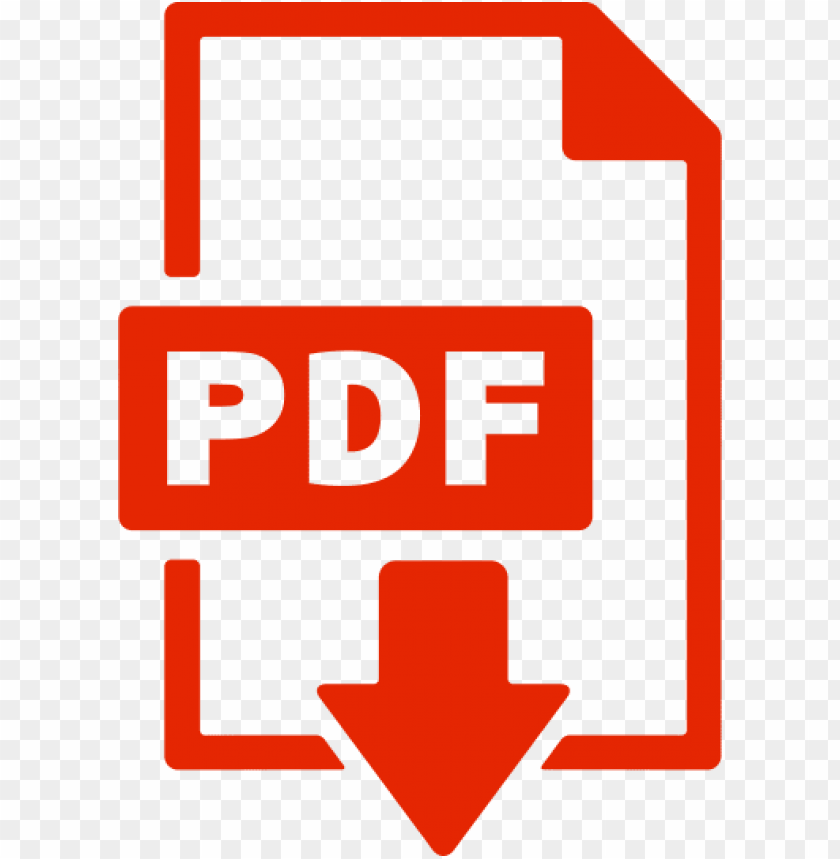May 2023
General Announcements
- IUGG General Assembly Berlin 2023
- Vening Meinesz Medal of EGU has been awarded to Prof. Jürgen Müller
- Bernese GNSS Software V5.4 training course
- The new GGOS Focus Area – AI for Geodesy
- Job vacancies at DTU Space
Meeting Announcements
- GGOS Days 2023 – Registration is now open
Meetings Calendar
IAG Sponsored Meetings
- IUGG Berlin 2023
- GGOS Days 2023
- ILRS Technical Workshop 2023
- WGAAL2023
- 20th WEGENER Assembly 2023
- International Symposium on Satellite Navigation: Advances, Opportunities and Challenges (ISSN2023)
Geodesy Related Meetings
- European Navigation Conference 2023
- FIG Working Week 2023
- Bologna-VLBI: Life begins at 40!
- AOGS 20th Annual Meeting
- 13th Session of UN GGIM
- International Symposium on Satellite Navigation: Advances, Opportunities and Challenges (ISSN2023)
Reports
- Report on the 5th Joint International Symposium on Deformation Monitoring (JISDM)
Obituary
- Ivan Mueller (1930-2023)
General Announcements
IUGG Berlin 2023
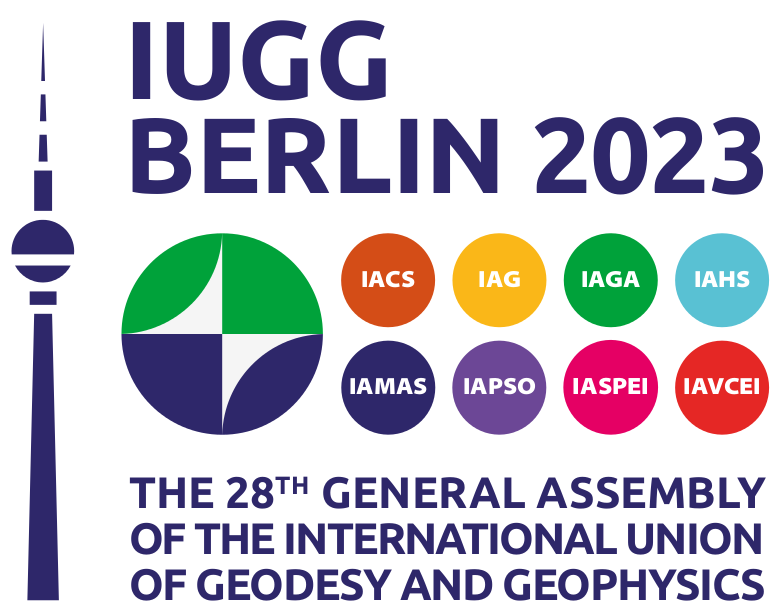
28th IUGG General Assembly (IUGG2023), Berlin, Germany, July 11-20, 2023
The 28th IUGG General Assembly (IUGG2023) will be held from 11 to 20 July 2023 at the CityCube in Berlin, Germany.
This General Assembly is a special opportunity for participants from around the world to come together and discuss the full range of geodetic and geophysical themes, and further enhance the important interdisciplinary collaboration for a better understanding of our Earth System. IUGG2023 will provide a platform for personal meetings, exchange of ideas and developing new concepts for international science collaboration, all of which have suffered a setback during this pandemic crisis. IUGG2023 will help to create a new spirit to address pressing large societal challenges such as global environmental change and natural hazards and to stimulate novel geoscience research.
IUGG2023 Local Organizing Committee and Scientific Program Committee
Vening Meinesz Medal of EGU has been awarded to Prof. Jürgen Müller
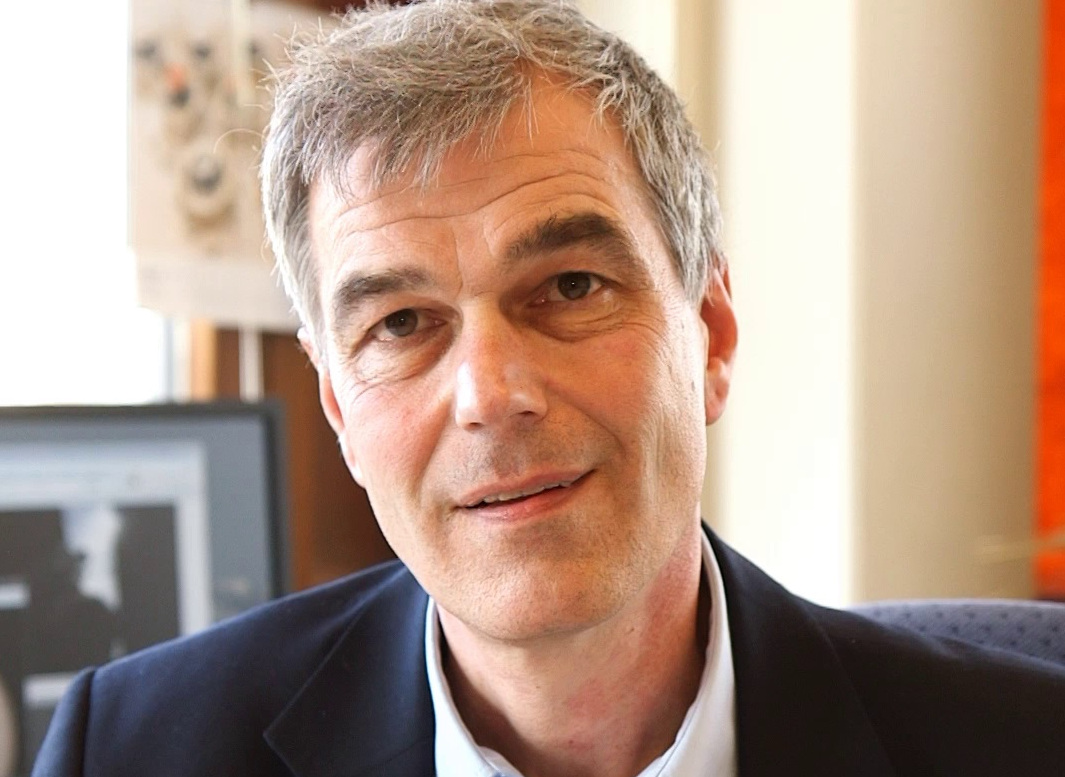
The European Geosciences Union (EGU) has been awarding the Vening Meinesz Medal for outstanding research achievements in the field of geodesy since 1998.
In 2023, the award goes to Prof. Jürgen Müller from the Institute of Geodesy, Leibniz University of Hannover, Germany. The medal is named after the Dutch geophysicist and geodesist Felix Andries Vening-Meinesz. With this award, the EGU honours Jürgen Müller's scientific leadership in the field of Lunar Laser Ranging and the test of general relativity as well as his contributions to advancing the field of geodesy especially in the use of quantum technology for novel applications and measurement concepts. With the latter, also the activities of the IAG Project “Novel Sensors and Quantum Technology for Geodesy (QuGe)” have been acknowledged.
Professor Harald Schuh from the German Research Centre for Geosciences (GFZ) in Potsdam and former IAG president puts it this way in his laudation: “Jürgen Müller inimitably bridges the gap between physics and geodesy, where ground-breaking developments are transferred into geodetic applications. In his current research, he is working on using recent advances in quantum technology and optical clocks to improve measurements of the Earth’s gravity field and its changes in space and time. A project that has the potential to revolutionise our understanding of the Earth’s time variable gravity field.”
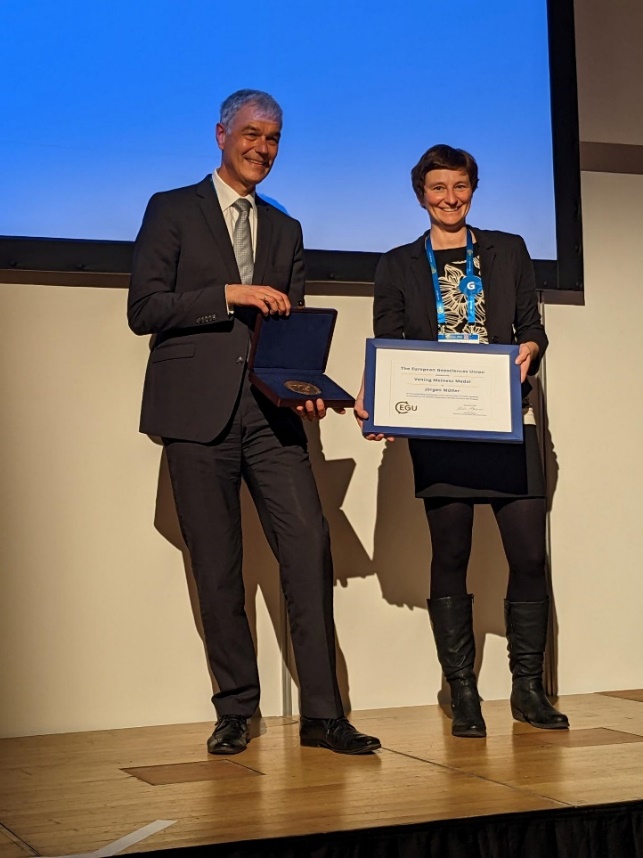
Prof. Annette Eicker (HCU Hamburg), president of EGU Division Geodesy, presents the medal to Prof. Jürgen Müller [photo: Sieglinde Müller]
The award ceremony took place on 26 April 2023 during the General Assembly of the European Geosciences Union in Vienna. With around 18,000 members, the EGU is the leading organisation for Earth, planetary and space science research in Europe. Together with partner organisations worldwide, it fosters fundamental geoscience research, alongside applied research that addresses key societal and environmental challenges with the aim to realise a sustainable and just future for humanity and for the planet.
Bernese GNSS Software V5.4 training course
The next Bernese Training Course will take place here in Bern, Switzerland in the week of Sept. 11- 15, 2023. You can find more detailed information about the course, important travel information as well as some general information on the Bernese Training Course webpage at: http://www.bernese.unibe.ch/course/. Registration via the online form available on the course web page is required. Registration deadline is Sept 1, 2023.
The new GGOS Focus Area - AI for Geodesy
On May 12, 2023, the GGOS Goordinating Board accepted the proposal to establish a new GGOS Focus Area on Artificial Intelligence for Geodesy (AI4G). In general, it will utilize methods from the field of Artificial Intelligence (AI), including machine learning techniques, to improve geodetic observations and products. This new GGOS Focus Area will be chaired by Benedikt Soja (Switzerland) together with his vice-chair Maria Kaselimi (Greece). If you are interested to contribute to this new Focus Area, pleas contact Benedikt Soja. Please see the following link to our blog post: https://ggos.org/news/ai-for-geodesy-the-new-ggos-focus-area/ .
Martin Sehnal
Director of GGOS
Job vacancies at DTU Space
There are two new job vacancies at DTU Space: Professor in Cryosphere Change and Professor in Physical Geodesy.
Meeting Announcements
GGOS Days 2023 - Registration is now open
The GGOS Days convene yearly all GGOS components to report on their recent activities and to present their plans for the coming year. It includes the two GGOS Bureaus, the GGOS Focus Areas, the GGOS Science Panel, the GGOS Coordinating Office, the GGOS Affiliates as well as GGOS Committees and GGOS Working Groups.
The GGOS Days 2023 will be held this year on September 20-22 at in Guadalajara, Spain as a hybrid meeting. If you are interested to participate (in-person or virtually) please register for this event below as soon as possible until June 4 to help us organizing this event. Of course you can register later, but we then cannot guarantee you an in-person participation. Thank you!
Link to register: https://ggos.org/event/ggos-days-2023/
Martin Sehnal
Director of GGOS
Meetings Calendar
IAG Sponsored Meetings
- IUGG Berlin 2023, July 11-20, 2023, Berlin Germany
URL: https://www.iugg2023berlin.org - GGOS Days 2023, September 20–22, 2023, Yebes, Spain
URL: https://ggos.org/event/ggos-days-2023/ - WGAAL 2023, October 16– 20, 2023, Lanzarote Island, Spain
URL: https://wgaal2023.csic.es/ - 20th WEGENER Assembly 2023, October 24-27, 2023, Sousse, Tunisia
URL: https://wegener-assembly.org
Geodesy Related Meetings
- AOGS 20th Annual Meeting, July 30 - August 4, Singapore
URL: https://www.asiaoceania.org/aogs2023/ - 13th Session of UN GGIM, August 2-4, New York City, USA
URL: https://unstats.un.org/UNSDWebsite/events/ - International Symposium on Satellite Navigation: Advances, Opportunities and Challenges (ISSN2023), November 20-22, 2023, Jiaozuo, Henan,China
URL: http://218.196.240.235/SatelliteNavigation-ISSN2023
Further details are available in the IAG Event Calendar at: http://www.iag-aig.org/events.
Reports
Report on the 5th Joint International Symposium on Deformation Monitoring (JISDM)
20-22 May 2022, Valencia, Spain
Under the endorsement of the FIG, IAG and ISPRS, the JISDM symposia series is a leading forum in the field of deformation monitoring for more than 40 years. The symposium aims to promote the advancement in deformation monitoring by bringing together traditional aspects of advanced surveying such as optimal measurement techniques and rigorous network analysis with increasingly important features such as 3D visualization, artificial intelligence and new sensors development.
The 5th Joint International Symposium on Deformation Monitoring (JISDM) was held on June 20th – 22th in Valencia, Spain. The Higher Technical School of Geodetic, Cartographic and Surveying Engineering along with the Department of Cartographic Engineering, Geodesy and Photogrammetry at the Universitat Politècnica de València were the host institutions of this event.
The number of participants registered was 195 from 25 different countries. As customary, two types of contributions were allowed, peer review and non-peer review, so that experts with different profiles could equally contribute to the advancement of deformation monitoring. This edition included 90 oral presentations and 18 posters with topics related to technical, methodological, and practical advances in the field of deformation monitoring tackling landslides, debris flows and rockfalls, large engineering structures, metrology and tangible cultural heritage in archaeology and architecture. Two awards were offered for the best oral and poster presentations. In addition, 24 contributions were selected for further publication in special issues of two journals, Journal of Applied Geodesy and Applied Geomatics.
Relevant keynote presentations were given by Dominique Missiaen (Conseil Européen pour la Recherche Nucléaire - CERN), Res. Prof. José Fernández (Institute of Geosciences IGEO- CSIC/UCM, Spain), Prof. Alessandro Capra (University of Modena and Reggio Emilia -UNIMORE) and Prof. Werner Lienhart (Graz University of Technology -TU Graz). They illustrated the key points of deformation monitoring from different perspectives like high-precision surveying, geohazards or geomatics applied to environmental and cultural heritage. They also shared their vision on the evolution of technologies and methods in the planning, analysis and visualization of deformation monitoring for both natural phenomena and man-made structures.
Lastly, the proceedings of the 5 th Joint International Symposium on Deformation Monitoring are being considered to be indexed in the Web of Science. The quality of the scientific contributions deserves indexation. The number of consolidated research groups, the variety of topics and the quality of the contributions allow us to dream of a successful promising future in the deformation monitoring field.

Looking forward to seeing you all with new developments and ideas ready to be shared and discussed in the next 6th JISDM.
Prof. Luis García-Asenjo,
Prof. José Luis Lerma
JISDM 2022 co-chairs
Obituary
Ivan Mueller (1930-2023)
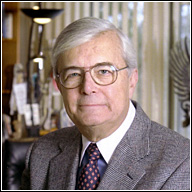
Ivan I. Mueller, born January 9, 1930, in Budapest, Hungary, peacefully died on April 12, 2023, in his home in Bloomfield, Connecticut, USA.
In 2020, shortly after his 90th birthday, a congratulatory address was sent to Ivan on the occasion of his 90th birthday. It is extremely sad that so soon after this joyful event his obituary has to be written. OSU (Ohio State University), IAG (International Association of Geodesy), and IGS (International GNSS Service) were the key words in Ivan Mueller’s scientific career.
Having left Hungary after the Hungarian Revolution in 1956, he launched his academic career with a Ph.D. thesis advised by Weikko Heiskanen at OSU. In 1960 he became a faculty member and soon thereafter a very influential professor at the Department of Geodetic Science and Surveying of OSU. The department became his scientific home. Many well-known scientists started their careers in the slave quarters, the working room of Ivan’s students at OSU. According to the OSU chronicle Ivan Mueller was the principal advisor of 25 Ph.D. candidates and many Masters students.
Ivan Mueller is the founder of the Center for Mapping at the Ohio State University and of the NASA Center for the Commercial Development of Space on Real-Time Satellite Mapping. Both centers were established in 1986. The Department of Geodetic Science and Surveying was a worldwide recognized Center of Excellence.
The IAG became Ivan Mueller’s home on the global scale. He shaped the transition from classical to space geodesy, to satellite geodesy in particular. He was the founding president of CSTG, the Commission on International Coordination of Space Techniques for Geodesy and Geodynamics, from 1979 to 1981. CSTG was co-sponsored by IAG and COSPAR, the COmmittee of SPAce Research. The example illustrates Ivan’s talent to create acronyms. CSTG played the leading role for the international coordination of space research during the cold war and for a long time period afterwards. The MERIT (Monitoring of Earth Rotation and Inter-comparison of Techniques for observation and analysis) campaign was initiated by COSPAR in 1980 and it was chaired by Ivan Mueller. MERIT resulted in the creation of the IERS, the International Earth Rotation Service, in 1988. With such high-level activities it was only logical that Ivan Mueller became the IAG President from 1987 to 1991.
Ivan Mueller is the author of more than 200 scientific articles and of five books, which shaped generations of geodesists and geophysicists. His book Introduction to Satellite Geodesy was published in 1964, when this field was new and still dominated by astrometric observations allowing it, however, to establish for the first time a global geodetic reference frame. It was one of the first, if not the first text book about this topic. The book Earth Rotation, theory and observation, published in 1988, is authored by Helmut Moritz and Ivan Mueller, the two giants of geodesy in the 20th century. The book illustrates two guiding elements in Ivan’s life: (1) he was always keen on establishing and maintaining close contacts with other leading scientists in the field and (2) he was deeply interested in the combination of theory and application. It is worthwhile to read the preface and the introductory chapter documenting that theory and observation or theory and Earth rotation monitoring based on international cooperation using state of the art observations, as the book also might have been called, were both equally important to the authors. Remember that the MERIT campaign was underway when the book was written, and that the IERS was not yet established. The book thus marks the transition from classical to modern Earth rotation monitoring.
Towards the end of the 1980s Ivan used his influence as IAG president to establish and chair the IAG Planning Committee for the IGS. In Ivan Mueller’s words “the primary motivation in planning the IGS was the recognition that the most demanding users of the GPS satellites, the geophysical community, were purchasing receivers in large numbers and using them as more or less black boxes, using software packages which they did not completely understand, mainly for relative positioning”. The boldness of his argumentation was breath-taking. Who else would have dared to launch a high-level scientific service using such words? Both, the IERS and the IGS, owe their creation to Ivan Mueller’s leadership and foresight.
Ivan Mueller’s merits were widely recognized and very much appreciated by the science community. He was, e.g., the recipient of the Vening Meinesz Medal of the European Geophysical Society (EGS) in the year 2000 and of the Waldo E. Smith Medal of the American Geophysical Union (AGU) in 2003. Also, the AGU issues on an annual basis the Ivan I. Mueller Award for Distinguished Service and Leadership. He has been honored with the Senior Scientist Award of the Alexander von Humboldt Foundation, became an Honorary Member of the Hungarian Academy of Sciences, and received an honorary Doctorate from the Technical University of Budapest.
Ivan had a lifelong passion for opera, for orchestral, and chamber music. On the occasion of many professional travels he developed the habit to attend classical concerts at the conference locations, sometimes he even by sacrificing conference dinners for the purpose.
The undersigned is extremely grateful to Ivan for his guidance when creating the IGS in the 1990s. His e-mails with the ingress “are you still ticking?” often were wake-up calls to trigger urgent activities.
The entire IAG community pays respect to Ivan I. Mueller for his incredibly valuable contributions to IAG, to geodesy, and to science in general. He will always be remembered.
Bern, April 2023
Gerhard Beutler, on behalf of
the IAG President Zuheir Altamimi, the IAG Past Presidents, and the entire IAG community
The IAG Newsletter is under the editorial responsibility of the Communication and Outreach Branch (COB) of the IAG. It is an open forum and contributors are welcome to send material (preferably in electronic form) to the IAG COB (newsletter@iag-aig.org). These contributions should complement information sent by IAG officials or by IAG symposia organizers (reports and announcements). The IAG Newsletter is published monthly. It is available in different formats from the IAG new internet site: http://www.iag-aig.org.
Each IAG Newsletter includes several of the following topics:
- news from the Bureau Members
- general information
- reports of IAG symposia
- reports by commissions, special commissions or study groups
- symposia announcements
- book reviews
- fast bibliography
| DOCUMENTS |
| IAG_Newsletter_May_20231 (3).pdf |
